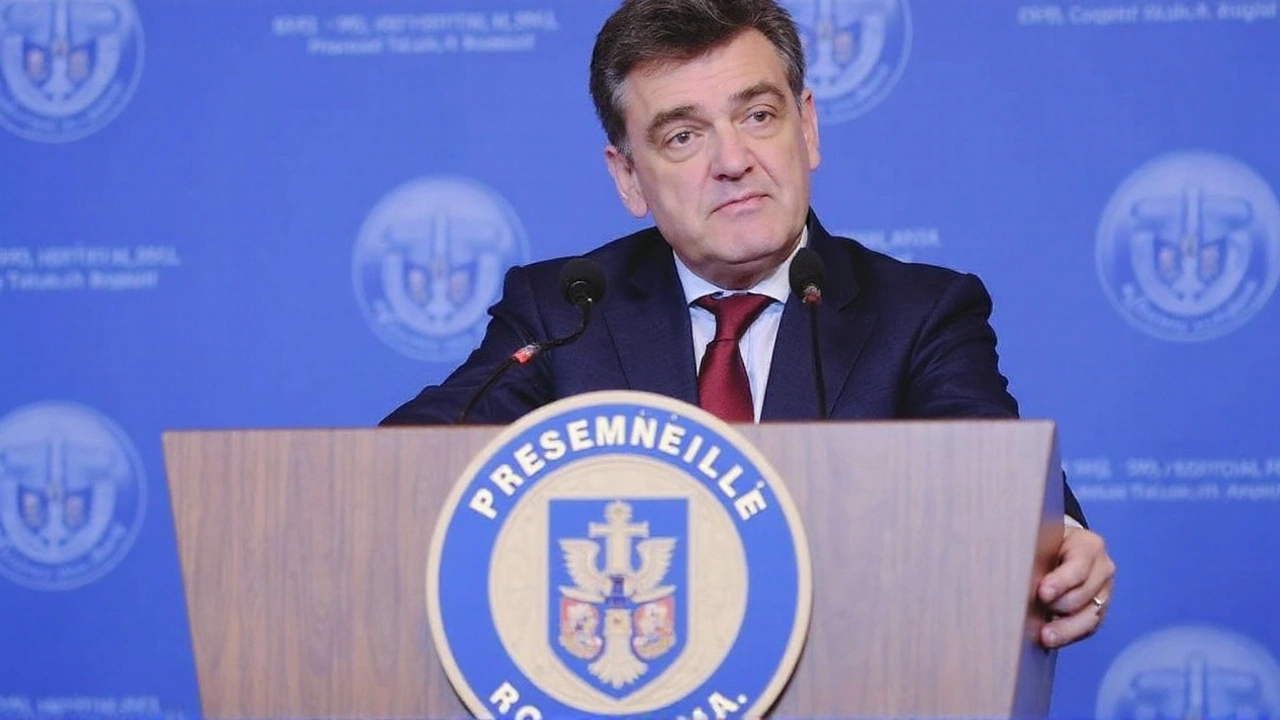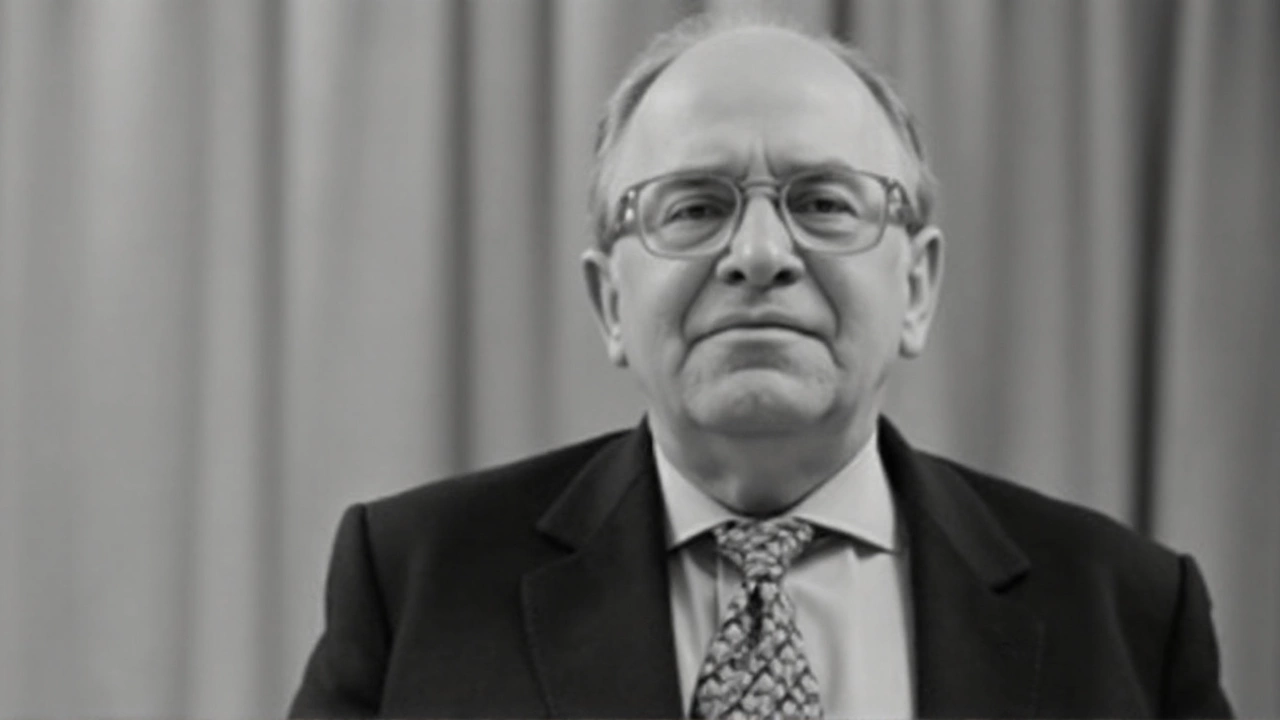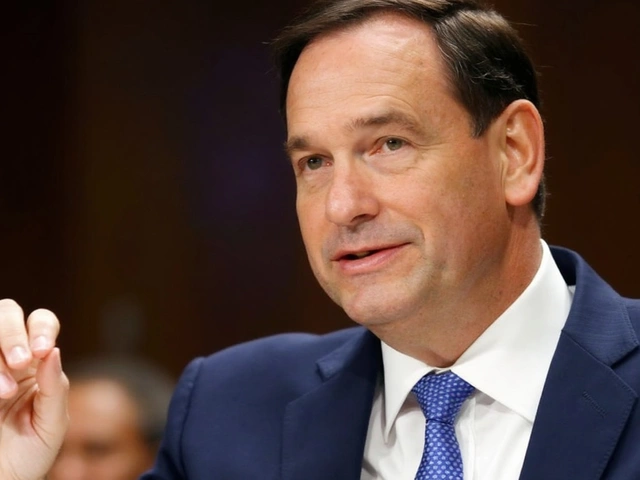Ion Iliescu Dies at 95: Romania's First Elected President After Ceaușescu Revolution
Ion Iliescu: The Man Who Shaped Romania's Transition
Romania woke up on August 5, 2025, to the news that Ion Iliescu, the country’s first freely elected president after the fall of communism, had passed away at 95. His journey from communist party insider to the public face of Romania’s new democracy isn’t just history—it’s the source of ongoing political tension that’s still alive today.
Iliescu’s death came after a nearly two-month battle in a Bucharest hospital with lung cancer and respiratory complications. He had already faced several health scares, including a heart procedure just a few years earlier. Born in 1930, Iliescu lived through some of Romania’s most turbulent decades, from the rise and fall of communism to the chaotic birth of modern democracy.
His political career hit its peak in 1990 when he stepped up as president in the shaky days after Nicolae Ceaușescu’s execution. Backed by the National Salvation Front (FSN)—a group he pretty much led from the shadows—Iliescu took the reins in a country desperate for change but deeply divided on what kind of change it wanted.

From Revolution to Controversy: A Divided Legacy
Iliescu didn’t just win the presidency in the first free election; he stuck around, serving until 1996 and then again from 2000 to 2004. For many Romanians, he symbolized hope and stability in rocky times. He helped steer the country through painful reforms, market shocks, and attempts to join Western institutions, challenging a system stuck in the Cold War.
But Iliescu’s legacy isn’t clean. Critics, both at home and abroad, have pointed to his government’s violent response to anti-government protests in 1990. Thousands of protesters were met with force—leading to allegations of crimes against humanity. These charges haunted Iliescu for decades, and spark heated debates every time his name comes up. Despite all this, he was never convicted in court.
This was no ordinary passing for Romania’s political scene. The ruling Save Romania Union (USR), often critical of Iliescu’s methods, refused to support an official day of national mourning. They went a step further by publicly mocking his legacy and boycotting his state funeral altogether, exposing deep political wounds that remain wide open nearly a generation after the revolution.
Iliescu’s personal life was quieter. He married Elena Nina Șerbănescu in 1951, and their relationship lasted more than seventy years, though they never had children due to her miscarriages. Through it all—fame, controversy, and old age—he remained fiercely private about his family.
The story of Ion Iliescu is a reminder that political change is messy, and sometimes the people who start revolutions aren’t the ones who finish them. His death may close a chapter, but it’s clear from today’s reactions that the debates about his role in Romania’s past are far from over.





